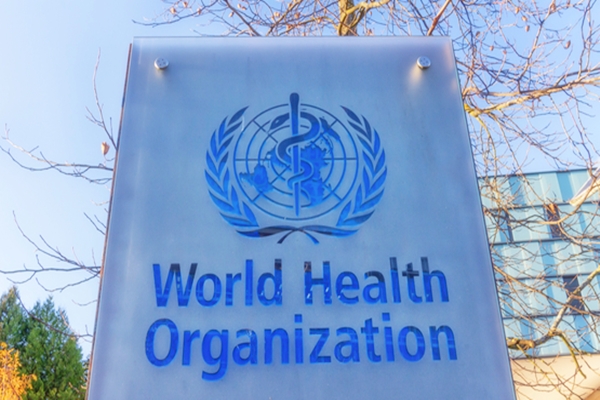The United States has formally rejected a set of amendments adopted by the World Health Organization (WHO) aimed at strengthening global pandemic preparedness. The amendments, approved by consensus last year, sought to improve international coordination following the chaotic response to COVID-19.
The Department of State and Department of Health and Human Services in a statement said that they yesterday transmitted the official US rejection of the amendments to the International Health Regulations, which were adopted by consensus last year.
The amendments introduced a new category of “pandemic emergency” for the most significant and globally threatening health crises in an effort to shore up the world’s defenses against new pathogens. They also called for greater equity in access to vaccines, drugs, and medical tools. But US officials argued the new rules give the WHO too much power in shaping global responses and rely on vague language. These changes prioritise political themes like ‘solidarity’ over swift, effective action.
With its rejection of both the IHR amendments and the pandemic treaty, the US has taken a firm stance against expanding the WHO’s role- signaling a shift toward a more sovereign, nation-first approach to future health crises.








